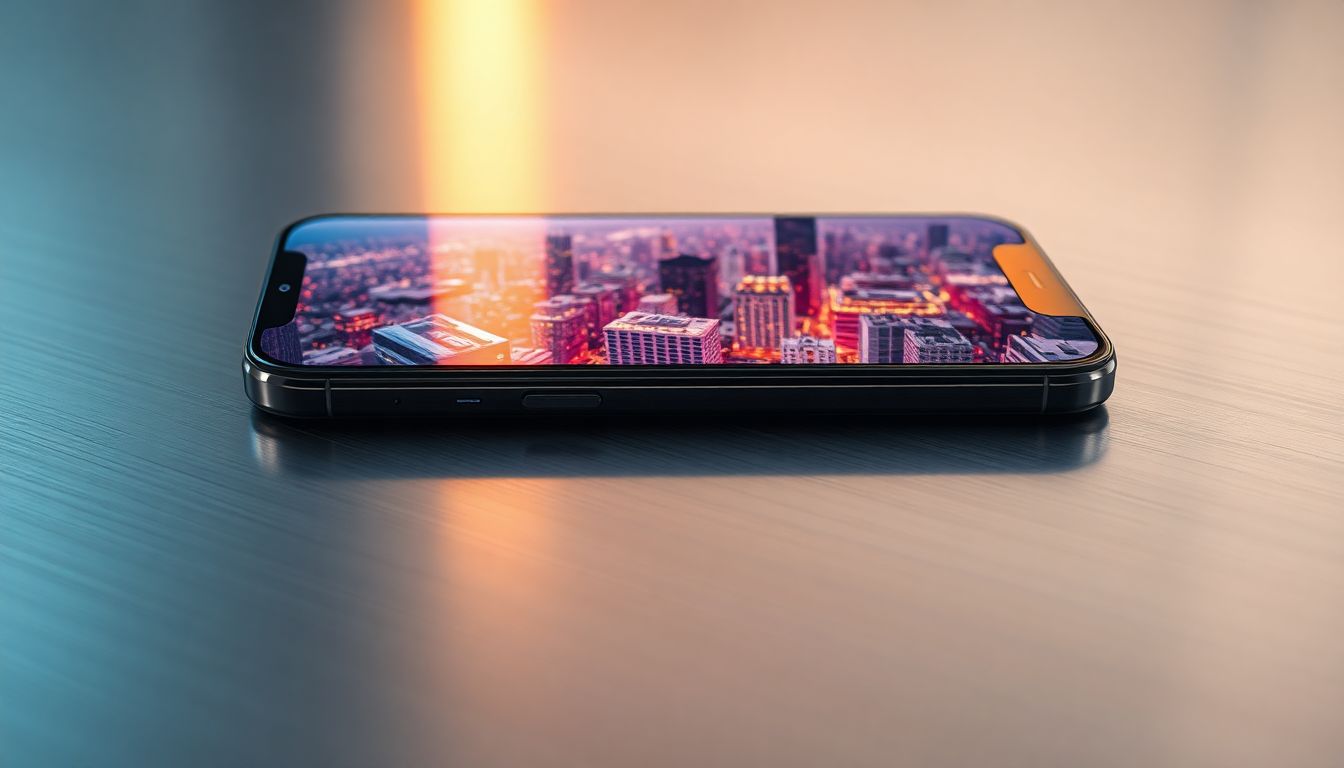
Exploring the Possibilities
The integration of artificial intelligence in mobile devices is not just a future vision; it is happening now. With the constant push for more convenient and personalized user experiences, AI has become essential in the smartphone arena. Apple’s iPhones, known for their seamless user experience, are in a prime position to adopt new AI technologies like Qwen AI. This article dives into how Qwen AI could reshape iPhones.
The Growing Demand for On-Device AI
As smartphone users look for more intelligent and tailored experiences, the demand for on-device AI grows. People want their phones to understand their habits, predict their needs, and provide instant responses without relying heavily on cloud processing. This shift towards on-device capabilities enhances speed and privacy, making it a desirable feature in future iPhones.
Qwen AI: A Promising Contender
Qwen AI has emerged as a strong candidate in the realm of artificial intelligence. It combines advanced algorithms with a user-focused design. This technology aims to enhance various smartphone functionalities, making it an attractive option for integration into devices like the iPhone.
Exploring the Potential of Qwen AI on iPhones
Imagine an iPhone that knows your preferences, schedules, and routines. Qwen AI could personalize recommendations for apps, music, or even shortcuts based on your habits. This capability not only enriches the overall experience but also increases efficiency. Users would enjoy a more intuitive interaction with their device.
Qwen AI’s Capabilities and Architecture
Understanding Qwen AI’s Core Functionality
Qwen AI features sophisticated natural language processing and machine learning. This enables it to analyze user behavior, learn from interactions, and adapt in real time. Its core functions include voice recognition, image processing, and decision-making based on user data.
Qwen AI’s Performance Benchmarks and Comparisons
When benchmarked against competitors, Qwen AI shows promising results. Speed tests indicate it can process requests faster than many current models. This efficiency suggests that integrating Qwen AI into iPhones could significantly enhance performance.
Scalability and Resource Requirements for iPhone Integration
For successful integration, Qwen AI must work within the constraints of iPhone hardware. It needs to be scalable, ensuring that it runs smoothly on various iPhone models without draining battery life or slowing down operations.
Potential Applications of Qwen AI on iPhones
Enhanced Siri Functionality and Personalized Experiences
Imagine Siri being more than just a voice assistant. With Qwen AI, Siri could offer proactive suggestions based on your routine, helping you manage your day more efficiently.
Revolutionizing iPhone Photography and Image Processing
Photography could reach new heights with Qwen AI. By analyzing scenes and automatically adjusting settings, your iPhone could capture perfect shots in any lighting. Features like facial recognition could also improve, organizing your photos in smart albums.
Improving Accessibility Features Through Advanced AI Capabilities
Accessibility is vital for many users. Qwen AI can enhance voice recognition for those with speech challenges and improve text-to-speech functionality, making iPhones more user-friendly for everyone.
Technical Challenges and Considerations
Power Consumption and Thermal Management on iPhones
AI applications can be power-hungry. One challenge for Qwen AI integration would be managing battery consumption. Optimizing power usage is crucial to avoid overheating and ensure long device life.
Data Privacy and Security Concerns with On-Device AI
With great power comes great responsibility. Users are concerned about how their data is used. Qwen AI must address these privacy worries by ensuring that personal information remains secure and is only used for enhancement purposes.
Integrating Qwen AI with Apple’s Existing Ecosystem
Apple has a well-established ecosystem. For Qwen AI to succeed, it must seamlessly integrate with existing services within the Apple environment, like iCloud and various apps.
The Future of Qwen AI and iPhone Integration: Predictions and Speculation
Market Analysis: Demand for AI-Powered Smartphones
As more people seek smarter smartphones, the market demand for AI capabilities in devices like iPhones is expected to rise dramatically. This trend opens doors for technologies like Qwen AI to make substantial impacts.
Potential Timeline for Implementation: Expert Opinions
Experts believe that we could see initial implementations of Qwen AI in iPhones within the next few years. Small updates may come first, gradually leading to more significant changes as technology matures.
Impact on the Mobile Technology Landscape
If Qwen AI succeeds in iPhones, it could redefine user expectations. Other manufacturers will feel the pressure to innovate, pushing the entire industry toward enhanced AI capabilities.
Conclusion: Qwen AI and the iPhone: A Symbiotic Relationship?
Key Takeaways: Benefits and Challenges
Qwen AI bears many advantages for iPhone users, from smarter assistants to enhanced privacy features. However, challenges like power consumption and data security cannot be overlooked.
Call to Action: Following Future Developments
Stay updated on the evolution of Qwen AI and its potential impact on iPhones. Engage with tech communities, subscribe to newsletters, and follow developments from Apple to remain informed.
The Road Ahead for AI in Mobile Devices
As technology advances, the future of AI in mobile devices looks bright. Innovations like Qwen AI could revolutionize smartphones, making them essential companions in everyday life. The journey is just beginning, and the best is yet to come.

